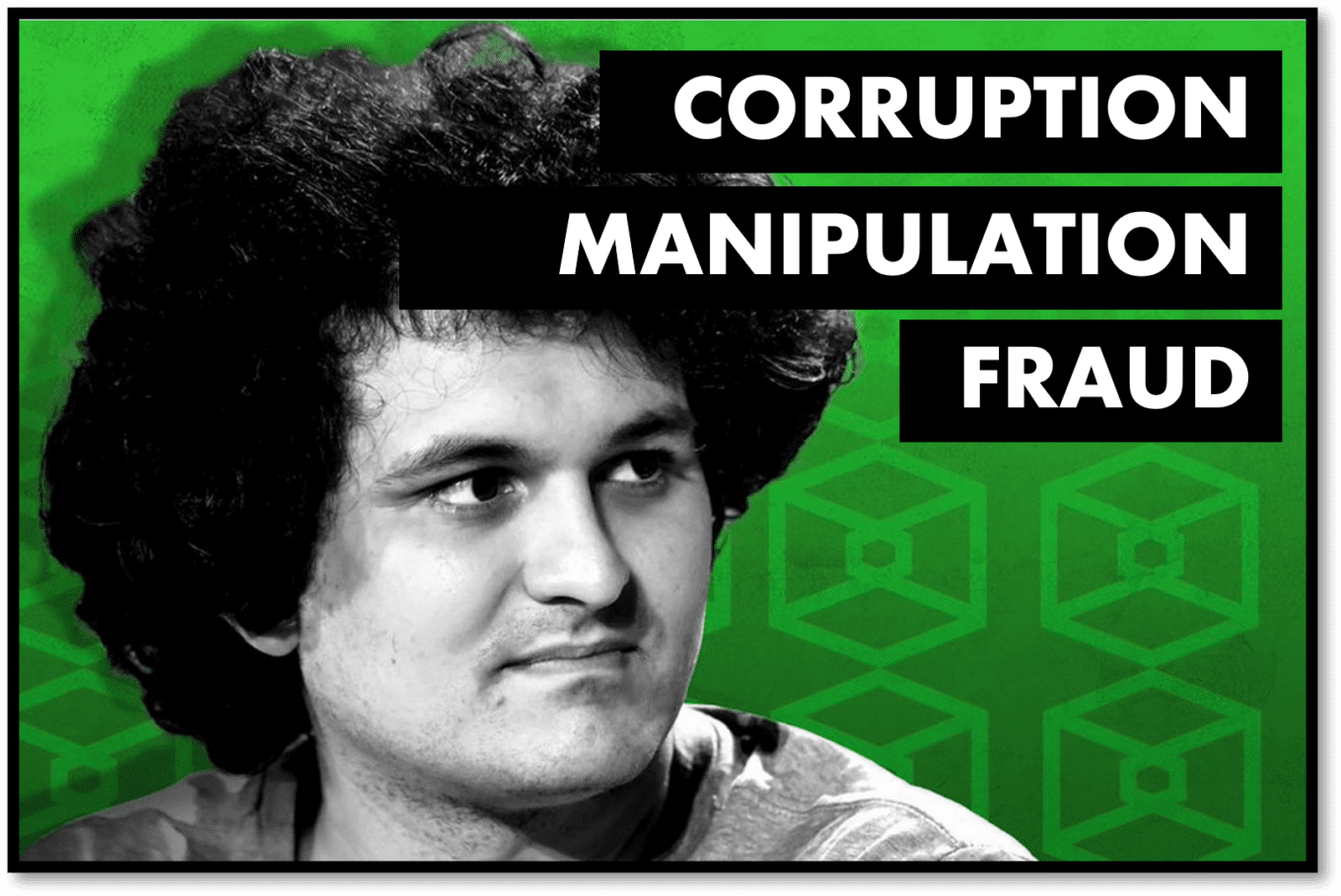In a move that has sparked a firestorm of controversy and accusations of deep-rooted corruption, the U.S. Department of Justice (DOJ) has dropped a bombshell: no second trial for the infamous FTX founder, Sam Bankman-Fried (SBF). This decision to let SBF off the hook for additional charges, including those tied to campaign finance, reeks of a miscarriage of justice, sending shockwaves through the crypto community and beyond.

Coinbase’s chief legal officer, Paul Grewal, didn’t mince words on X, slamming the DOJ’s decision as a blatant mistake and an injustice to the public. “Campaign finance charges are at the very top of this list. What politicians and others knew what and when are critical questions that deserve answers,” Grewal argued, pointing to the pressing need for transparency in political finance.
The decision’s timing, dumped on a Friday night before a holiday, only adds fuel to the fire of public cynicism about the politicization of justice. Social media platforms are ablaze with outrage and disgust. Accusations of “insane corruption” are rampant, with users pointing fingers at the DOJ for allegedly shielding powerful Democrats and Republicans (RINOs) who might have been implicated by SBF‘s campaign finance trial.
After all, it’s no secret that FTX funneled millions into Democrat campaign accounts. The plot thickens with lawyer John Deaton’s explosive insinuation: “Ask yourself why is this case being dropped in an election year?” He highlights a testimony from the fraud trial where Caroline Ellison revealed SBF’s $10 million contribution to the Biden administration – a move allegedly made to ‘buy access’.
SBF‘s cozy relationship with SEC Chairman Gary Gensler and several meetings with SEC staff further raise eyebrows and questions. “What a joke the DOJ has become,” Deaton concludes, echoing a sentiment felt by many who view this development as a dark comedy of justice derailed.In essence, the DOJ’s decision to drop the second trial against SBF is more than just a legal maneuver; it’s a provocative testament to the intertwining of money, power, and politics. It leaves the public wondering: In the corridors of power, are some players simply too connected to fail?





